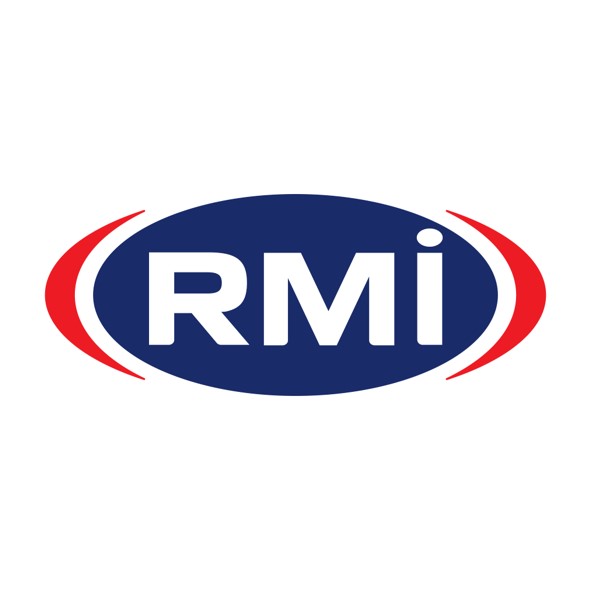
For the past two years the RMI and its affected associations have embarked on an active strategy that seeks the publication of the VIN numbers of vehicles written off by insurers. This is due to the growing number of unsafe vehicles that are finding their way back onto our roads.
The Sunday Times recently ran a very interesting story of yet another case where an unsafe car was sold to a buyer by a pre-owned car dealer. The purchaser, who was unaware of the fact that the vehicle was previously written-off and therefore posed serious safety risks, took the case to the National Consumer Tribunal for relief. Without reporting on the outcome in any detail, the ruling, which was in favour of the purchaser, is a very important indicator and warning in preventing the sale of defective vehicles. The ruling creates renewed pressure for transparency and the VIN numbers of written-off vehicles to be made available.
It is interesting that as soon as an article such as this appears, we are approached by other unsuspecting consumers who have also fallen victim by purchasing these previously written-off vehicles. These vehicles are bought online or at F2F auctions from salvage management companies appointed by insurers to manage the disposal of these vehicles. The RMI feels strongly that something needs to be done to prevent these written-off vehicles from finding their way back onto the market and roads. The RMI has reached out to SAIA to find acceptable solutions in the interest of road safety and the protection for both business owners and consumers when investing in the purchase of used vehicles.
We believe that both parties should agree that there is a real need to prevent unsafe and defective vehicles from finding their way back to market.
While it is the responsibility of business owners to do a proper inspection of the vehicle, both at the trade-in and resale stages, access to the VIN database would immediately flag it as a written-off vehicle and the necessary precautions can be taken. We know that many of these vehicles are sold online and there is no way that either the consumer or the business can check this information, unless the VIN number is accessible on an agreed virtual platform, open to all.
Unfortunately, the current operating system is not watertight and is open to manipulation at various check points, resulting in a growing pool of unroadworthy and perhaps even stolen vehicles on our roads.
We believe the only way to manage the situation is:
– Through a controlled system that allows any used vehicle purchaser to check the history of that vehicle. This will allow the purchaser to make an informed decision.
– Tighter controls on written-off cars that are sold to salvage yards to prevent them from being bought at auction by unscrupulous dealers and repaired ineffectively. This applies particularly to cars still carrying a Code 2 registration (Code 2 = Used/pre owned vehicles with one or more previous owners/registrations).
– More stringent controls at salvage yards to prevent these vehicles being bought by hijacking syndicates, the bodies dumped and the registration papers of the written-off vehicles allowing the ‘rebirth’ of stolen vehicles under new identities.
– Pre-insurance checks by insurers to prevent these poorly-repaired vehicles from being re-insured.
– Fewer vehicles being written-off by insurers and being deemed uneconomical to repair. In our experience, even when it can be proven that the cost of the repair, parts and the rental are lower than the agreed insured sum, the repair is mostly declined by the respective insurer.
We look forward to some further positive engagement with SAIA and the relevant government authorities. We will keep members and the motoring public informed of any progress.


